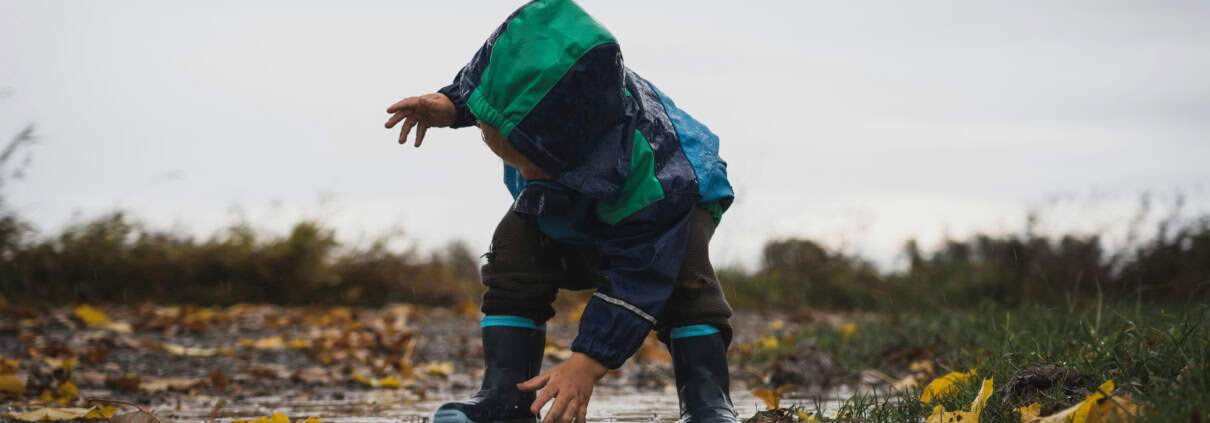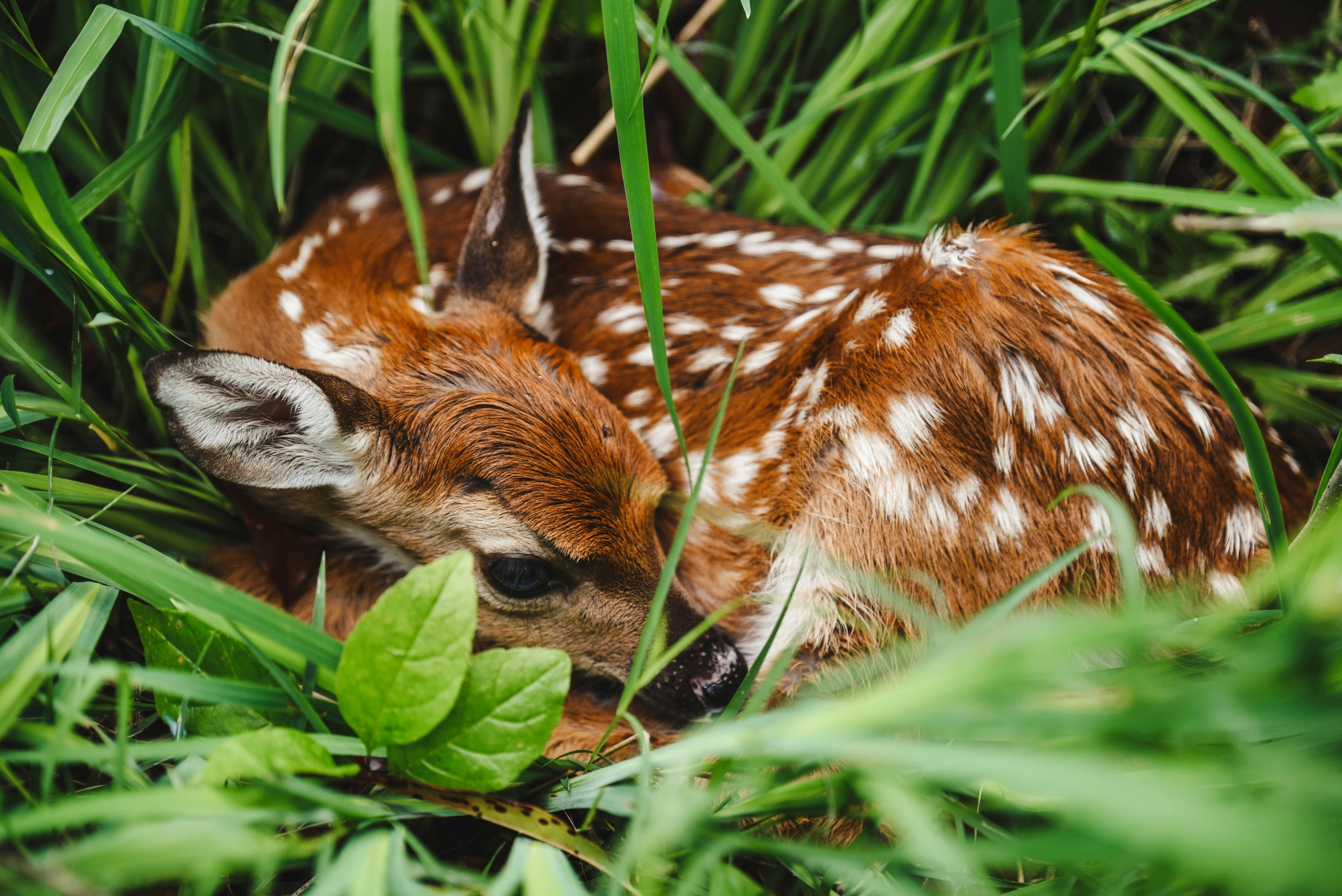|
Getting your Trinity Audio player ready...
|
Exploring the Relationship Between Two States of Being
As I write this week’s missive, I’m excited to see what I’ll come up with as we look at a couple of “states of being” that I’ve often seen in family client situations.
Regular readers can surely guess which one typically leads to more successful family relationships.
This post has its genesis in the opening keynote presentation at a recent conference I attended.
A couple of weeks back, in Soaking in the RendezVous Experience, Again, I promised that some of the content from that “conference” would soon be shared, and here we are.
All About Authenticity
Mike Robbins, author of Nothing Changes Until You Do, among other books, kicked off the day with a thought-provoking talk titled “We’re all in this together”.
He shared his “Authenticity Equation”, highlighting three components to authenticity: Honesty, Self-Righteousness, and Vulnerability, to wit:
Authenticity = Honesty – Self-Righteousness + Vulnerability
I’m of the belief that any good equation is open to moving parts of it around, at least as a learning exercise, so I hope you’ll join me.
Let’s dispense with honesty first.
Of course it’s important, but it’s really only table stakes, i.e., the price of admission.
If you’re anything less than honest with your family members, well, good luck.
So What About Self-Righteousness and Vulnerability?
Here’s where I think it gets interesting.
I thought about writing about these two separately, because Rogers suggests that you need to minimize the first one (i.e. subtract it) while maximizing the second (i.e. add it).
I fully accept that any amount of self-righteousness will lessen one’s authenticity, while any amount of vulnerability will add to it.
But as I considered this whole idea, I felt like there might be more to it.
Could the relationship between these two be one of mutual exclusivity?
In others words, can you even be both vulnerable and self-righteous at the same time, or does one preclude the other?
Could they be two ends of a continuum?
Compare: Being Curious vs. Being Judgmental
Let’s look at this by comparing it to another pair of states of being that some suggest are also mutually exclusive, curiosity and judgment.
I’ve heard (and come to believe) that you cannot be curious and judgmental at the same time.
Try it.
Getting curious precludes your ability to be judgmental, at least for a moment.
See No Room for Judgment when Working with Families
I hereby propose that the same is true of self-righteousness and vulnerability
Can you be both, simultaneously? I think not.
What Does Mr. Google Think?
When dealing with specific words that define a state of being, I always like to check with my friend Mr. Google to make sure I’m on somewhat solid ground.
For self-righteous, he came back with:
-
- Having a certainty that one is totally correct or morally superior
- A person who thinks their beliefs and morals are better than everyone else’s
For vulnerable, he returned:
- Capable of being physically or emotionally wounded
- Being in a situation where one is likely to meet with harm
Okay, I’ve got to admit, it’s not as clear as I would’ve liked it to be, so I’ve got a bit more work to do here.
Maybe if I put it into my preferred context, family relationship situations, I can make myself clear.
How This Affects Family Relationships
Let’s imagine a family meeting where there are members of at least two generations present.
I’ve been privileged to be in the room in many such situations with families other than my own.
I’ve seen my share of self-righteous parents lecturing their offspring.
I’ve witnessed them trying really hard to not sound self-righteous.
And yet, even unspoken, it is often right there, front and center, to the point where it’s all the others can see.
It’s the classic “one up, one down” scenario.
I’m up here, you’re down there.
Leading with Vulnerability Instead
I’ve also been in the room when parents have shared real life stories from their past with their offspring where they were at less than their best.
Owning up to failures and missteps where the parent demonstrates their humanity (you know, humans make mistakes!) can be such a disarming gesture of vulnerability.
I always try to impress upon the family leaders I work with that what they should be aiming for is to have “adult-to-adult” relationships with their rising generation.
You are not always right, and they know that.
So please stop acting like you are.






